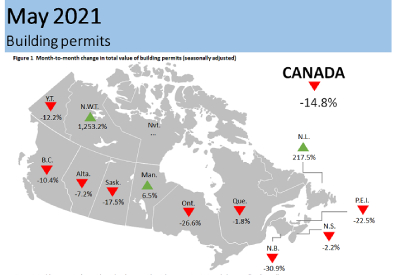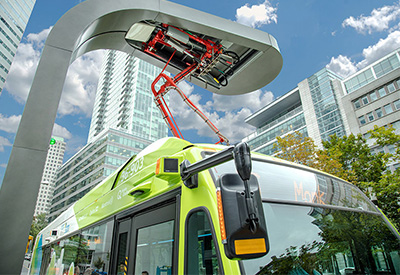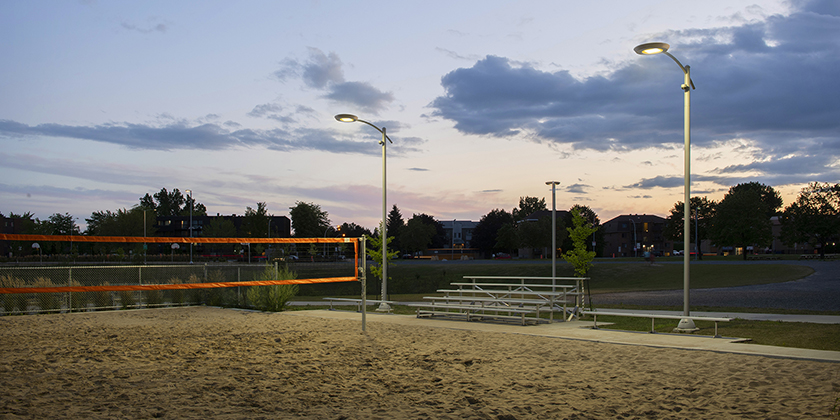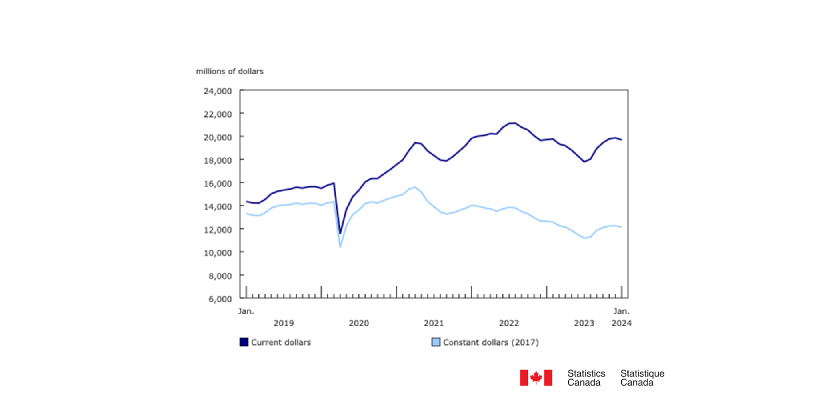Canada Supports Electric and Alternative Fuel Vehicle Infrastructure in B.C.

March 1, 2018
Electric, hybrid and alternative fuel vehicles decrease greenhouse gas emissions and in some cases can significantly reduce fuel costs. Canada continues to make strategic investments to help Canadians make greener choices and to encourage widespread adoption of electric and alternative fuel vehicles.
Member of Parliament for Burnaby North–Seymour, Terry Beech, on behalf of Canada’s Minister of Natural Resources, the Honourable Jim Carr, today announced a $4.3-million investment to expand British Columbia’s electric vehicle charging and refuelling infrastructure.
The Government of Canada will provide funding to three recipients to help Canadians get into zero-emission vehicles and use low-carbon fuels:
- British Columbia Institute of Technology will demonstrate Level 2 electric vehicle (EV) charging stations in urban areas and commercial parking lots that make better use of the grid’s existing electrical capacity. Additionally, it will develop a way to control and monitor electric vehicle chargers from different vendors.
- Hydrogen Technology & Energy Corporation (HTEC) will install a retail hydrogen fuelling station in the Vancouver area, part of a six-station network it is building in B.C.’s Lower Mainland and Victoria to encourage uptake of more hydrogen-fuelled vehicles.
- B.C. Hydro will demonstrate an innovative Level 2 EV charger for use in multi-unit residential, commercial and municipal buildings. It will also deploy 21 Level 3 EV fast chargers across the province to further Canada’s vision for a coast-to-coast network.
This investment builds on the Government’s $182.5-million total investment to grow Canada’s electric and alternative fuel vehicle infrastructure so that using electric and alternative fuel vehicles is easier and more convenient for Canadians. In addition, the Province of British Columbia’s Clean Energy Vehicle (CEV) Program is providing $1.4 million to support the HTEC and BC Hydro projects.
Through Canada’s national energy dialogue, Generation Energy, Canadians made it clear that the transition to electric vehicles and lower-carbon fossil fuel alternatives is not a luxury but a necessity for Canada’s low-carbon future. Our government continues to support green infrastructure projects that will create jobs, advance Canada’s clean future and help us realize our domestic and international climate change goals.










![Guide to the Canadian Electrical Code, Part 1[i], 26th Edition – A Road Map: Section 10 – Grounding and Bonding](https://electricalindustry.ca/wp-content/uploads/2022/11/Guide-CE-Code-2.png)





